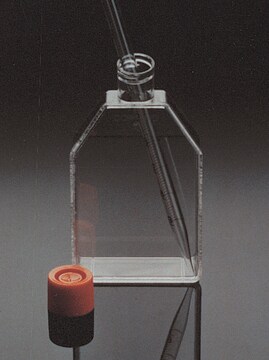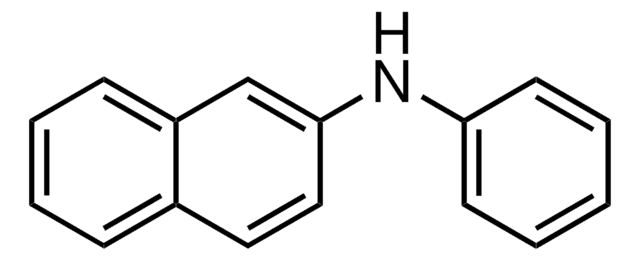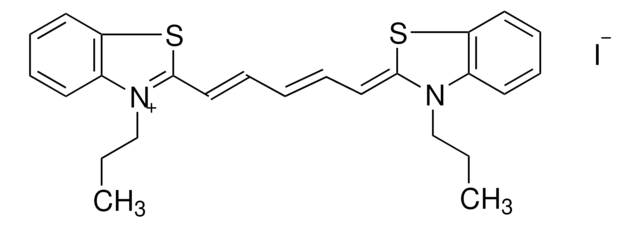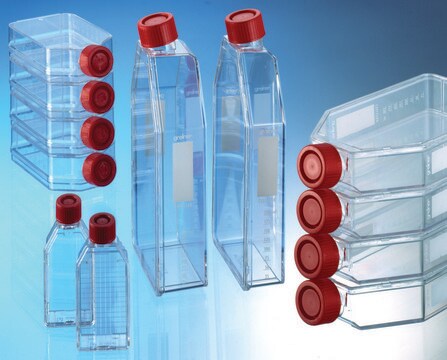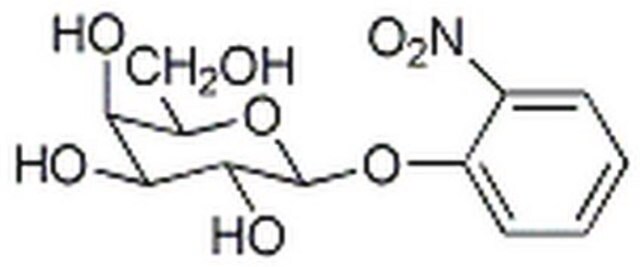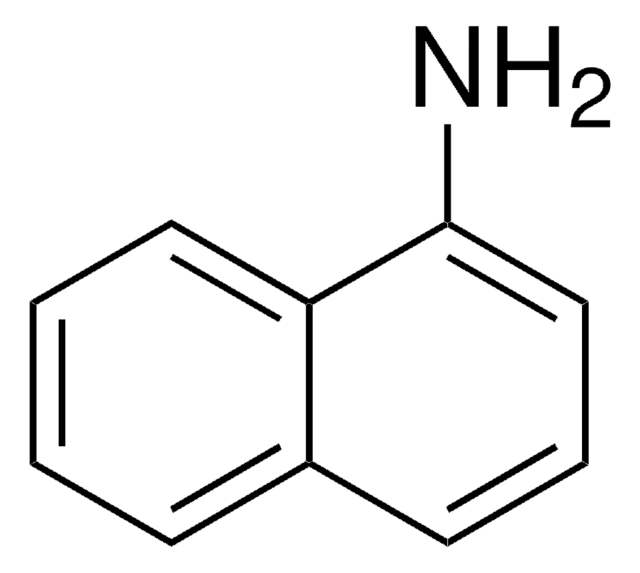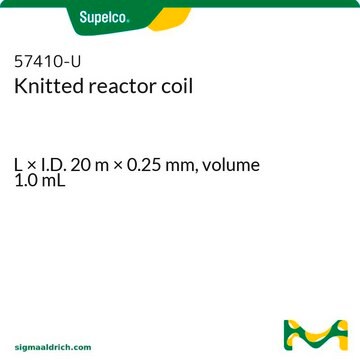104043
N-Phenyl-1-naphthylamine
reagent grade, 98%
Synonyme(s) :
1-(N-phenylamino)naphthalene, N-(1-Naphthyl)aniline, NPN
About This Item
Produits recommandés
Qualité
reagent grade
Niveau de qualité
Essai
98%
Forme
solid
pb
226 °C/15 mmHg (lit.)
Pf
60-62 °C (lit.)
λmax
252 nm
Chaîne SMILES
N(c1ccccc1)c2cccc3ccccc23
InChI
1S/C16H13N/c1-2-9-14(10-3-1)17-16-12-6-8-13-7-4-5-11-15(13)16/h1-12,17H
Clé InChI
XQVWYOYUZDUNRW-UHFFFAOYSA-N
Vous recherchez des produits similaires ? Visite Guide de comparaison des produits
Application
Actions biochimiques/physiologiques
Mention d'avertissement
Warning
Mentions de danger
Conseils de prudence
Classification des risques
Acute Tox. 4 Oral - Aquatic Acute 1 - Aquatic Chronic 1 - Skin Sens. 1B - STOT RE 2
Organes cibles
Blood
Code de la classe de stockage
11 - Combustible Solids
Classe de danger pour l'eau (WGK)
WGK 2
Équipement de protection individuelle
dust mask type N95 (US), Eyeshields, Gloves
Faites votre choix parmi les versions les plus récentes :
Déjà en possession de ce produit ?
Retrouvez la documentation relative aux produits que vous avez récemment achetés dans la Bibliothèque de documents.
Les clients ont également consulté
Notre équipe de scientifiques dispose d'une expérience dans tous les secteurs de la recherche, notamment en sciences de la vie, science des matériaux, synthèse chimique, chromatographie, analyse et dans de nombreux autres domaines..
Contacter notre Service technique

